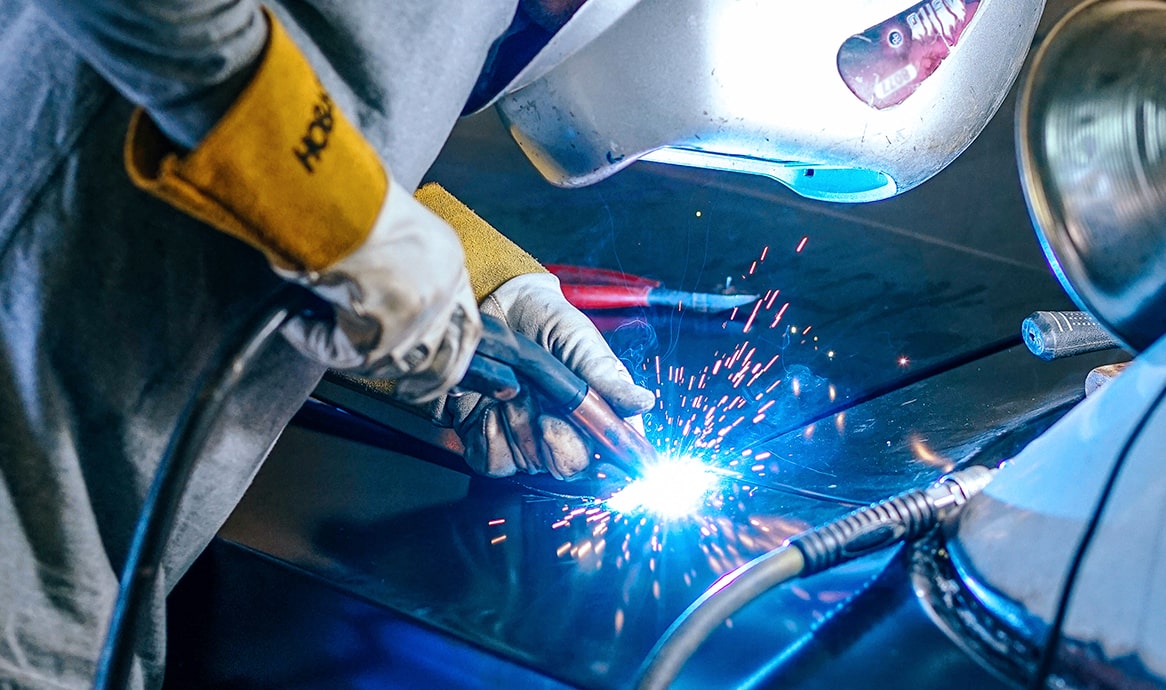Can I pay for car repairs without using my insurance?

Intro
One of the biggest things that you need to do before, or when, you get into an automobile accident, is learn what the requirements of the state you are in are for reporting automobile accidents. If you do not have to report an accident, you may be able to pay for any damages from an accident out of pocket rather than reporting them to your car insurance company and having your car insurance provider pay the expenses. There are some cases in which paying for your own damages could result in increased insurance rates, and there are other cases were paying for these expenses out of pocket mean that your rates will not go up.
Being in a car crash is not fun, and can have a lot of negative repercussions. You may need to get car repairs that require going through your car insurance provider. It is common for people to inquire about paying for repairs on their own, rather than going through their auto insurance company.
The short answer to this question is yes, you can pay for your own repairs, but you will want to consider a number of things before taking repairs into your own hands.
What Happens After an Accident
It is important to note that each state has different rules and requirements regarding accidents. Some states do require that drivers report accidents that involve another vehicle, by law, when they occur. You should also check with your state to see what the monetary amount associated with reporting an accident to police is for that state. This can range anywhere from $1,000-$5,000 or more. For smaller accidents, you can usually skip calling the police and pay for your own damages without contacting your car insurance company, though this is not recommended. Also keep in mind, if you report an accident to police your insurance company must be notified. If you are at fault in an accident, your insurance provider will send someone to do an assessment of the damage to your vehicle, the other person's car, and the people in the accident. After the assessment is complete, they will write a check to the other driver.
Additionally, depending on whether you have liability coverage and/or collision coverage, your insurance company will pay, or not pay, for damages on your vehicle. Collision insurance coverage is the type of coverage that will help pay expenses related to the damage done to your car if an accident occurs. You can refuse the payment, and pay for the damages yourself if you prefer. If you only have liability coverage on your vehicle, damage to your vehicle is not covered by the insurance company; you will be responsible for the costs. Liability insurance coverage covers expenses related to the other driver's car or other people's property only.
When You Pay for Your Damages
If you are deemed to be at fault in an accident, and you damage another vehicle, your insurance rates are going to increase. Fortunately, you have the option of controlling the cost of that increase by paying for your repairs if you choose to. This is not always the best option, and you might have to do a little bit of math to determine whether you can afford the long-term cost increases that come with a raised car insurance premium.
Another consideration to keep in mind for people who have a collision coverage plan is whether or not your car insurance company needs proof that the repairs on your vehicle have been done to the standards of the company. It is possible for a car insurance company to pause or cancel your collision insurance plan until proof of this is provided. If you are financing a vehicle, this can make things even more complicated. Lenders and financing companies often require that you carry both collision and comprehensive insurance coverage until you have paid off your vehicle. Your lender will have the right to take your car if you lose either of these coverage types. Most often, however, the lender will have a clause in your contract that allows them to purchase a “forced” policy on the vehicle and bill you for it. The plan that is purchased will protect the lender, however, and not you, so you will want to avoid this if possible.
When to Consider Paying for Your Repairs
There are three basic reasons that people might consider paying for their repairs themselves if a car accident occurs. If the total cost for the repairs is less than their deductible, the insurance company will not pay for the damages anyway. There is no point in filing a claim, which can increase your premiums, if the company won't pay for the damages anyhow. Secondly, if the accident does not involve another vehicle, you may want to cover the repairs yourself. Keep in mind that it is insurance fraud if you use a later accident to have repairs from an earlier accident fixed. Lastly, people who have made several insurance claims already may opt not to make a claim so that they do not lose the ability to purchase insurance, or to prevent their rates from going up even higher.






